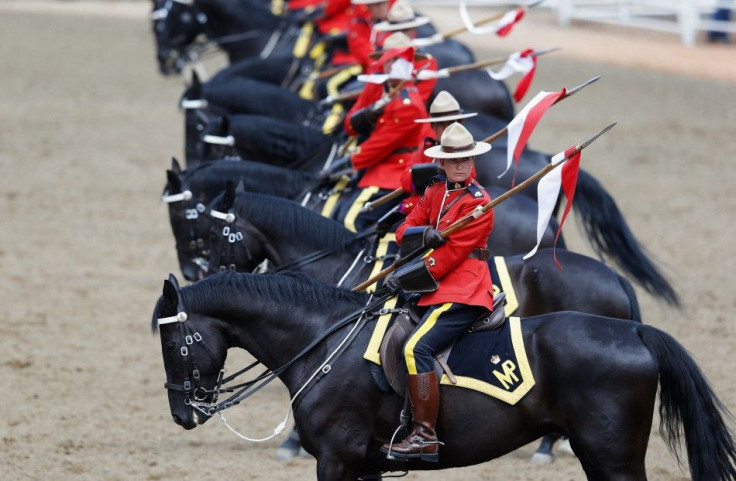BC Labour Unions Offer $8M Interest-Free Loans to Striking Teachers; Surplus Won’t Be Used to Settle Teachers’ Strike – Finance Minister

Various unions in British Columbia have offered assistance to the 41,000-striking public school teachers of the B.C. Teachers Federation (BCTF) province by offering them $8 million in interest-free loans.
This, as the state government thumbed down suggestions of extending the expected surplus the province is to earn to the striking teachers.
The $8 million in interest-free loans was pledged by the United Steelworkers (USW), the Federation of Post-Secondary Educators of B.C. (FPSE), the Hospital Employee's Union (HEU), B.C. Government and Service Employees' Union (BCGEU), Cope 378, Public Service Allicance of Canada (PSAC), the Health Sciences Association (HSA) and Unifor.
The BC Nurses' Union will be giving half a million dollars to the BCTF.
The BC Hydro union has likewise pledged $100,000 pending the results of its members' approval.
Read: B.C. Teachers' Strike: High School Students Stage 'Walk-In' Protest, Students Claim Strike Affect Their Chances at University
The BC Federation of Labour said it will extend every possible financial assistance to the striking teachers and won't allow money to be the cause that will undermine their right to strike and air their grievances.
"We owe a debt of gratitude to these teachers who have given up their paycheck to try to put the money and resources back in the system so our children can get a decent education," Jim Sinclair, president of the federation, said. "We're not going to let money be a problem for 41,000 teachers who are standing up for public education."
Meantime, while BC is expected to be raking in some revenue surplus larger than originally forecasted, the incoming large amount won't be in any way used to settle the demands of striking public school teachers.
Read: Teachers' Strike in BC, Canada Stalls 1st Day of School; Labour Dispute Could Last Even After Labour Day
Mike de Jong, B.C.'s Finance Minister, said that based on first quarter performance, the government could be receiving a $266 million surplus this year, up by $82 million over the original forecast made in February. The surplus was achieved due to increased revenue, in part from natural gas royalties and income taxes.
But whatever revenue increase of $515 million, de Jong said much of that has been offset by the expenses incurred in fighting wildfires and flood-related emergency programs, which was $433 million.
The cost of fighting forests fires this year could reach $350 million. The budget had only been pegged at $63 million.
De Jong said that while the government has an obligation to ensure students receive a solid public-school education, they cannot agree to the demands of the teachers because it is already beyond the affordability of B.C. taxpayers.
If allowed, he said the union's contract demands would effectively increase taxes for British Columbians by $200.





















